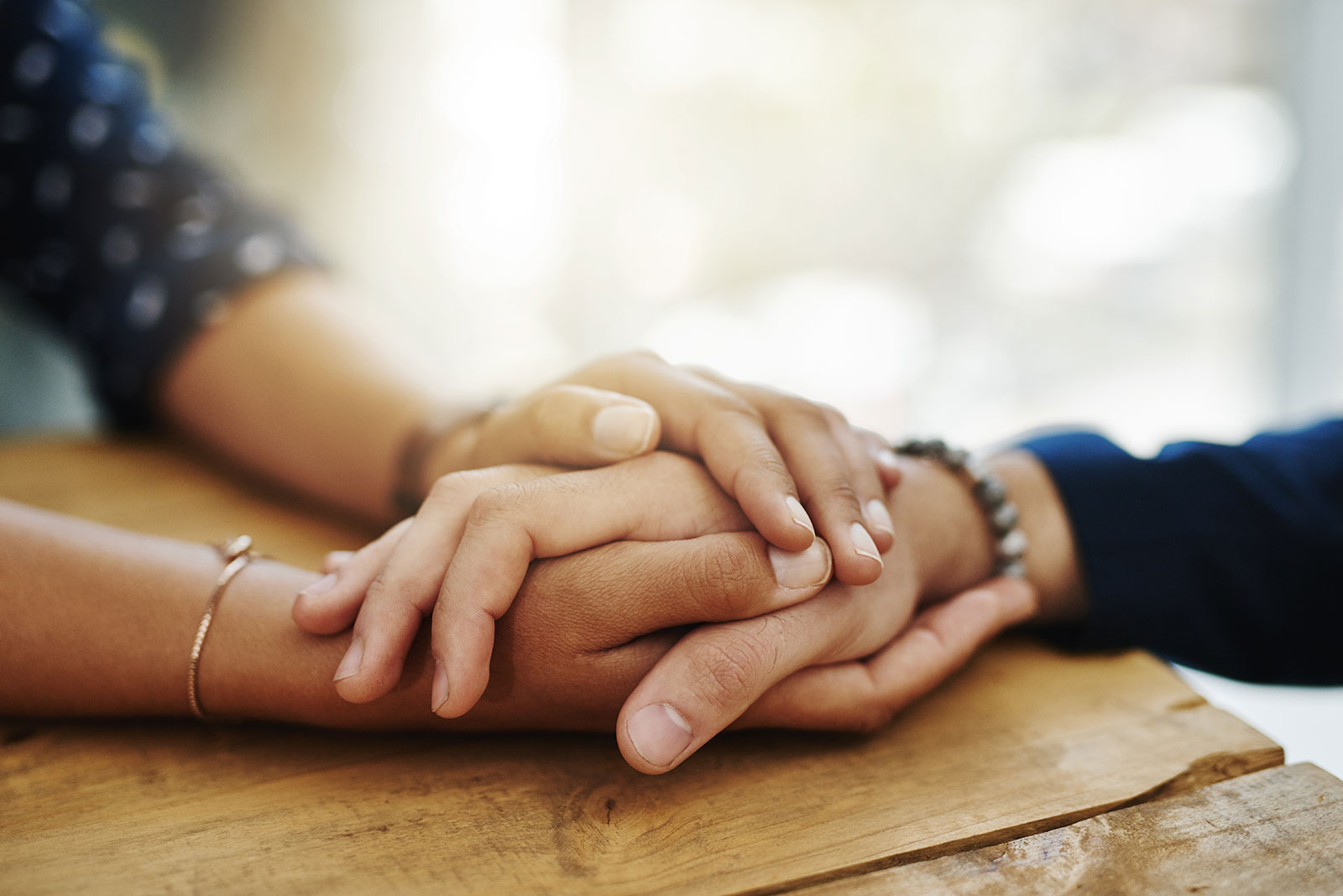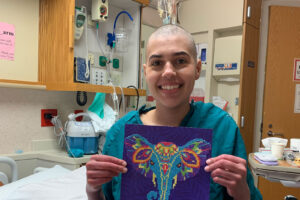Twenty years ago, Mano a Mano started as a tiny resource center for immigrants in Illinois’ Round Lake Park community. It has since evolved into an organization—with community sites in Mundelein, Highland Park and Wauconda, Illinois—that helps more than 4,500 Latinx people by providing access to health resources and services, educational classes, workshops and immigration legal services. Mano a Mano’s main focuses are on collaboration and community building, education, excellence, equality of opportunity, stewardship and respect for human dignity. Its four key programs—Healthy Families, Engaged Citizens, Productive Parents and Successful Children—provide the foundation for executing its goals.
And when it comes to fostering better health among Latinx families, Mano a Mano has made it a goal to increase colorectal cancer screening rates by 80 percent over the next five to six years. Colorectal cancer is just one of many health issues affecting Latinx people disproportionately. While colorectal cancer is 99 percent preventable, it has a high morbidity rate for Latinos as it accounts for 11 percent of the demographic’s cancer deaths, according to the American Cancer Society (ACS). For immigrants who may lack access to basic health resources, early detection screenings can mean the difference between beating cancer through successful treatment or death.
In 2018, ACS predicted that more than 14,000 Latinx people would be affected by colorectal cancer. That same year, Mano a Mano, in partnership with ACS, joined the nationwide colorectal cancer campaign, “80% in Every Community.” This initiative comes from the National Colorectal Cancer Roundtable to boost colorectal cancer screenings rates to 80 percent nationally.
According to Astrid Martinez, program manager of healthy families and successful children at Mano a Mano, the Latinx immigrant community doesn’t visit the doctor because they don’t have health insurance or resources to guide them.
“We could have all the resources for people, but if it’s not in their language or culturally-relevant to them, it’s not going to make a difference,” Martinez says. “We needed to customize this topic to help our community understand the importance of going to the doctor. We want to show them where they can go if they don’t have health insurance and where to get financial assistance for exams.”
Mano a Mano was able to bridge this gap thanks to the trust it has built with its community, which has allowed them to reach and assist immigrants in familiar and comforting ways, says Emmanuel Zambrano, health systems manager of state and primary care systems at the ACS. And that relationship is what made it possible for the organization to educate thousands of members of the Round Lake Park Latinx community on colorectal cancer prevention.
While colorectal cancer is 99 percent preventable, it has a high morbidity rate for Latinos as it accounts for 11 percent of the demographic’s cancer deaths.
“That trust is also important for us when identifying a partner like Mano a Mano that is going to help us bring our mission into that community to drive impact and save more lives,” Zambrano says.
The organization hosted culturally-targeted educational group and one-on-one sessions and created compelling social media content to ensure it reached its entire community. After members attended education sessions, they were mailed reminder postcards with colorectal cancer screening guidelines, grocery gift cards and local market vouchers to also assist them during the COVID-19 pandemic.
As Mano a Mano’s initial work for the “80% in Every Community” campaign came to a close, the coronavirus pandemic had spread rapidly, leaving Chicagoland’s Latinx population with the highest number of confirmed COVID-19 cases out of any other minority group, according to the Illinois Department of Public Health. But Mano a Mano mobilized quickly to further support its community.
“We launched a covert emergency relief program called ‘Tanda,’” Martinez says. “We have been able to reach $500,000 in donated funds, and this isn’t something that our community has to pay back.”
Tanda is a Latin American term for a group of friends or family that gather money and lend it, which is exactly what Mano a Mano has done. “Tanda” started helping Latinx families that are of mixed immigration status in April because their income was often deeply impacted by the pandemic. Caseworkers screened families to find out how they were impacted and then provided them with gift cards for groceries and any prescription medications. Utilizing weekly Facebook live videos, Mano a Mano is educating its community on local COVID-19 pandemic resources and testing sites that are free of charge.
Looking forward, Mano a Mano and ACS plan to continue their partnership to launch similar initiatives around early cancer screenings and detection to help break cancer disparities among minorities. “It’s been a lot of learning as we go and adjusting,” says Martinez, “but we have been really fortunate to be able to keep serving our community in all of these different ways, from cancer screening to COVID-19.”
To learn more about or get involved with Mano a Mano, visit: mamfrc.org.







